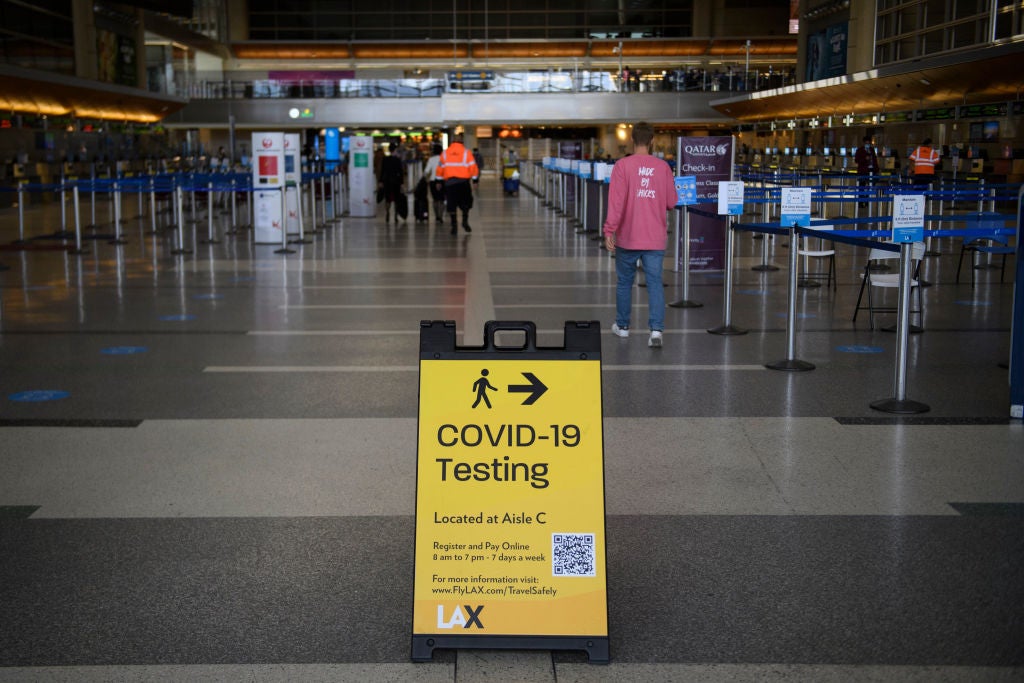As a US expat currently living as a British expat in Oklahoma (just ask my accountant), I know all too well that many US states are ‘open for business’ while the UK and most of Europe have remained resolutely closed. However, as a US immigration attorney for more than 15 years, I know that ‘open for business’ and ‘open for international investment and job creation’ have proven to mean two different things with a variety of US travel bans that originated initially in the interest of containing the Covid-19 pandemic.
Since March 2020, anyone physically present in the UK, Ireland and all Schengen countries within the previous 14 days has been banned from entering the US. There are exceptions to the ban, such as US citizens, some qualifying relatives, air crew members, students and more, but almost all business travellers, investors and prospective investors are banned.
This ban made little difference when the world stood still through July 2020 – almost nobody was hopping on a plane – but as some destinations began to reopen, eager and desperate entrepreneurs were looking to get back to their abandoned businesses and/or start a new enterprise stateside, since US states such as Texas, Oklahoma, Florida and Georgia had famously only closed briefly in the pandemic.
No exceptions for travellers of economic interest to the US
Included in the initial travel bans, an exemption was made for travellers who were travelling in the US national interest, which included the economic interests of the US. What quickly became apparent was that anyone who wanted to travel during these uncertain times had an important reason to do so – often to the financial benefit of the US. Importantly, these requests for travel – which are made on behalf of each individual traveller to a US Consular Section or a US port of entry – were being granted for a variety of reasons that were in the US economic interests, including executive-level business meetings, manufacturing site visits, and visits to US cities to open US offices and create jobs. Business visitors, employment-based visa holders and others were granted permission to go the US for business meetings if we, as their immigration counsel, could show US investment and/or job creation potential. These were documented with evidence that was reviewed and approved by a US government agency.
This all changed on 3 March 2021 when the Department of State removed the US economy from the list of justifiable national interest exemptions to the ban and it was replaced with having to demonstrate that a traveller is providing “vital support to the critical infrastructure” instead. Investors were removed from the list. High-level executives were removed from the list. Almost all business travellers are no longer eligible. In the short time since this change, US embassies, which have primary jurisdiction over the determination, are now denying meritorious requests for travel even when the US economy and US workers stand to benefit greatly. In fact, in line with the new requirements, I had a request for a business traveller driving $450m into the US denied along with an acting CEO for a drug development company denied for a meeting with the Food and Drug Administration. This, while students can travel carte blanche.
This change in policy, when vaccine roll-outs are ongoing in the UK and US, is a step backwards and makes absolutely no sense.
 GlobalData Strategic Intelligence
GlobalData Strategic IntelligenceUS Tariffs are shifting - will you react or anticipate?
Don’t let policy changes catch you off guard. Stay proactive with real-time data and expert analysis.
By GlobalData
This change in policy, when vaccine roll-outs are ongoing in the UK and US, is a step backwards and makes absolutely no sense. The US is poised to receive money and jobs from foreign investors who have grown tired of Europe’s never-ending closures, but the current policy does not align with restricting beneficial travel. Negative Covid test results are now mandatory for all travellers to the US, which does match with the initial intent of these restrictions and, in fact, we encourage this science-based policy. It is my belief, as an American optimist, that the US will recognise this opportunity to welcome foreign investors, which will undoubtedly benefit the US economy and create US jobs as we emerge from a pandemic that has devastated so many industries. However, this recent change flies in the face of that progress.
Home page image by Patrick T Fallon/AFP via Getty Images





